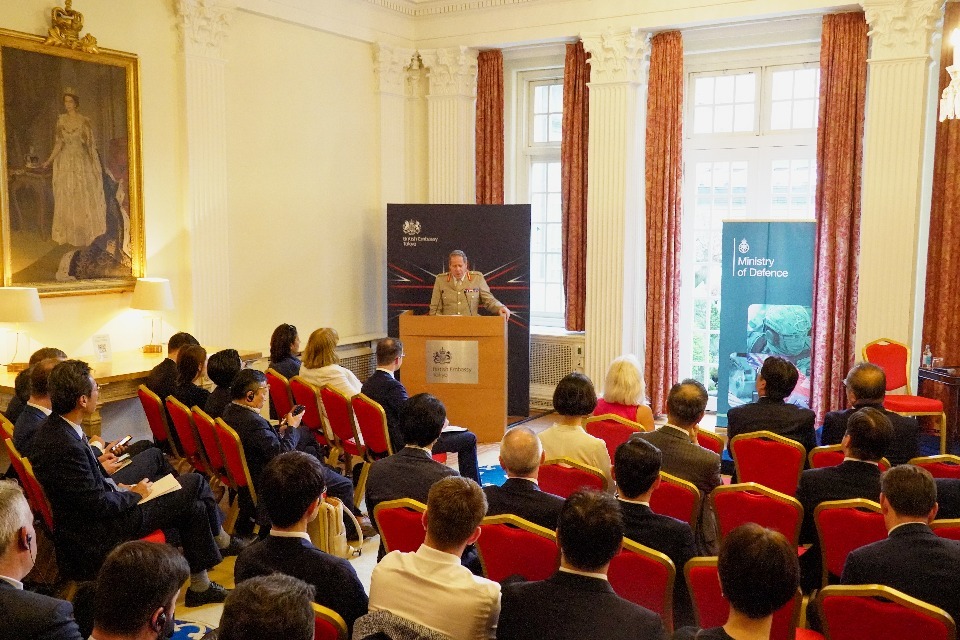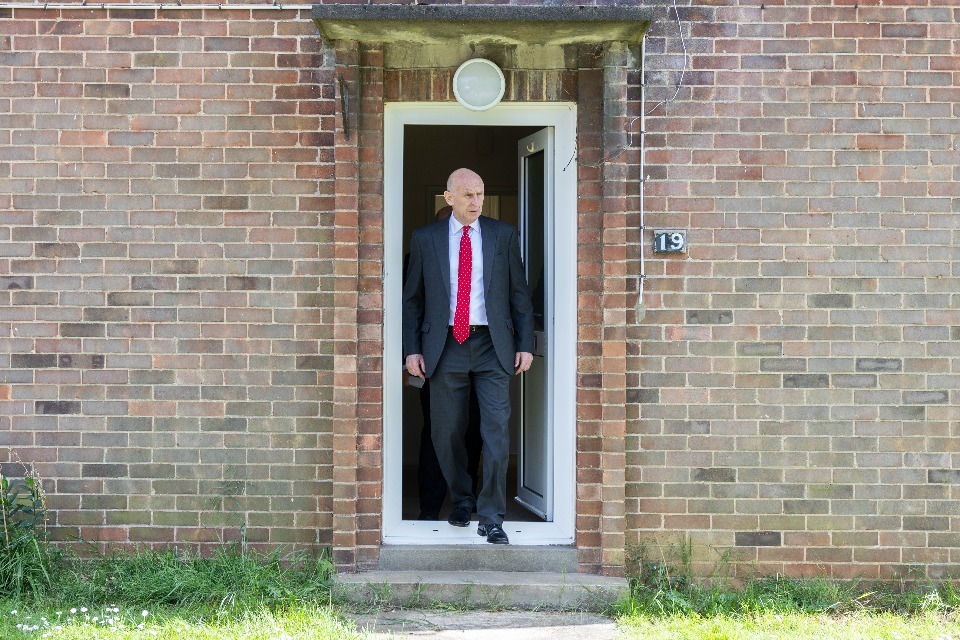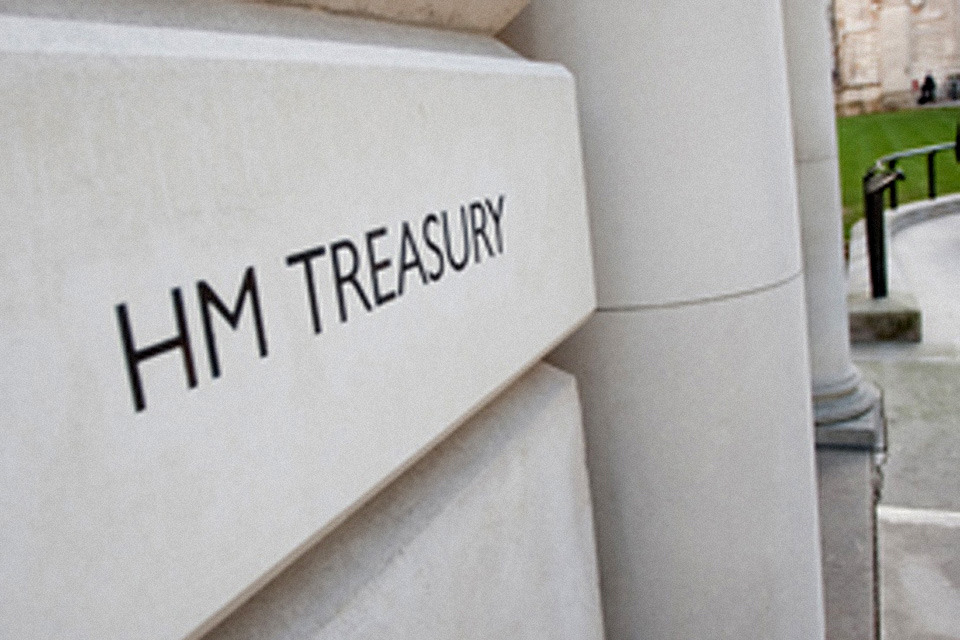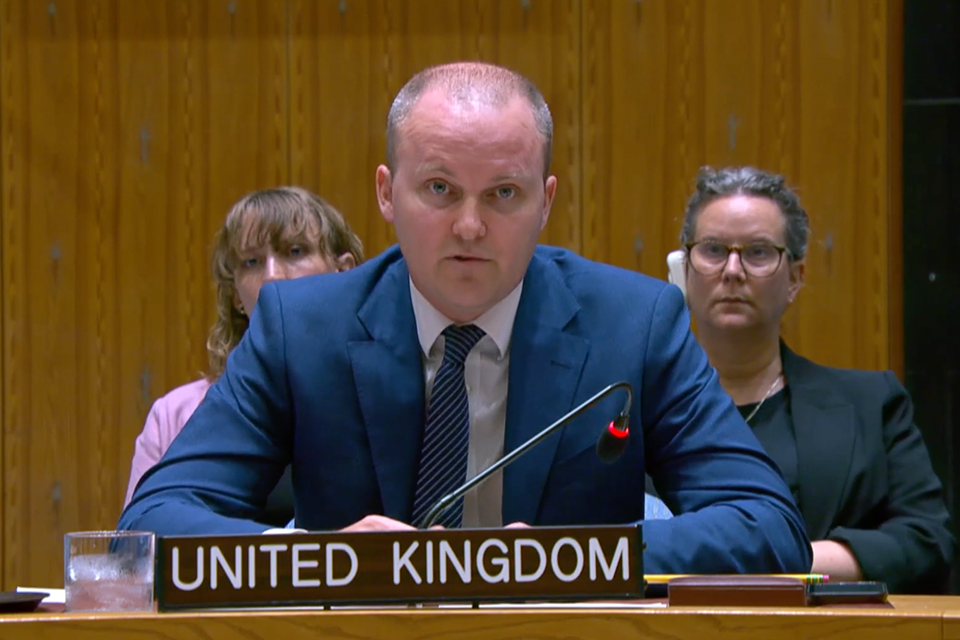The UK and Japan continue to deepen their strategic collaboration in cyber, working together to uphold a free, open, and secure digital world. From joint cyber exercises to the responsible use of cyber power, this like-minded partnership strengthens resilience and sets the global example of trusted cooperation in the cyber domain.
DSEI Japan – Strategic Command was proud to lead the Ministry of Defence (MOD) presence at DSEI Japan in support of UK Defence and Security Exports (UKDSE) and Minister for Defence Procurement and Industry (Min(DPI)), the Rt Hon Maria Eagle MP.
DSEI Japan is Asia’s only integrated Defence and Security Expo and, to some extent emulates the long-running UK model. As a forum, and in terms of its wider international importance, it is growing exponentially. This year DSEI Japan involved over 100 countries and delegations and over 300 exhibitors. For the first time DSEI Japan featured a keynote address from the Japanese Prime Minister, Shigeru Ishiba.
The MOD delegation was in Japan to support UKDSE and the UK’s wider prosperity agenda, as well as supporting outreach on behalf of UK industry and Small and Medium-sized enterprises. Presentations at the MOD stand focussed on driving innovation, the Cyber & Electromagnetic (Cyber & EM) Domain and Global Strategic Trends 7.
Working Together in Cyberspace
Our involvement in DSEI was preceded by a joint UK-Japan cyber seminar at the British Embassy in Tokyo. The event signalled the next stage in the maturing of our bilateral co-operation across the Cyber Domain.
HMA Julia Longbottom and Lt Gen Sir Tom Copinger-Symes led the seminar with approximately 100 invited guests from across the Japanese MOD, and related think-tanks and media.

Japan is embracing the concept of Active Cyber Defence. Considerable resources and effort are being put into understanding the Cyber Threat and the whole of society response that is needed to maintain cyber security. New legislation has pushed the boundaries of Japan’s approach to Cyber providing new means for the Japanese MOD to protect citizens and continue to defend Japanese networks.
The Active Cyber Defence legislation provides Japan with the legal permissions to – having been blocked by the constitution for over 70 years – intercept communications data for the purposes of cyber security and, in severe situations, to deliver offensive cyber operations. It also enables reforms to Japan’s cyber structures and public-private partnership mechanisms. The adoption of the Active Cyber Defence legislation is a significant milestone, as it meant flexing the boundaries of Japan’s constitution and long-standing political conventions.
There is much both the UK and Japan can do to learn from each other, both in terms of training and supporting our people, but also operating differently to address cross-cutting threats to our ways of living, which demand and need whole of society responses. The UK’s Cyber Primer provides one model for how this can be done.
Lt Gen Sir Tom Copinger-Symes followed his presentation by giving a pooled interview to the Japanese media, during which he complimented the Japanese Government and MOD on the novel and far-sighted nature of their reforms. Calling it a foundation for “genuinely strong cooperation”, he reaffirmed the UK’s commitment to working with Japan and other partners to address threats.
With reference to the recent, and ground-breaking legislation on Active Cyber Defence, HMA Tokyo, Julia Longbottom, said
… we often say cyber is a team sport, but I’d go one step further and call it an international team sport relying on us all to play our part. So, it is only right that we commend that team. From the Japanese politicians, officials and experts who have been involved in the development of the legislation. To like-minded partners, industry and my own team for their tireless work to share lessons and learn from Japan’s transformational reforms.
Deepening our Strategic Collaboration
The MOD presence also served to highlight the continued importance attached to Global Combat Air Programme (GCAP) and the close working partnership we enjoy with Japan and Italy, as partners in the development of this sixth-generation capability. Detailed conversations with our Japanese partners also emphasised the importance of the digital enablement of GCAP, including the overarching digital backbone and related architecture.
In her keynote address, Min(DPI) emphasised the importance of the UK and Japan working together as trusted partners. Similarly, in her interview with Nikkei, she reinforced the importance of international collaboration by necessity, and the benefits of like-minded partners working increasingly together. The need to work differently with industry, particularly in the newer domains of Cyber & EM was also brought to the fore by Lt Gen Sir Tom Copinger-Symes – here.








